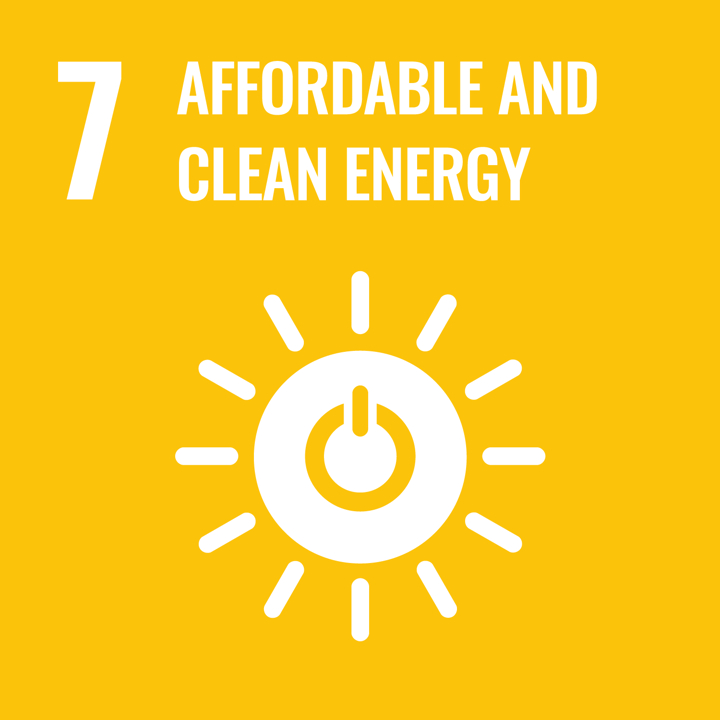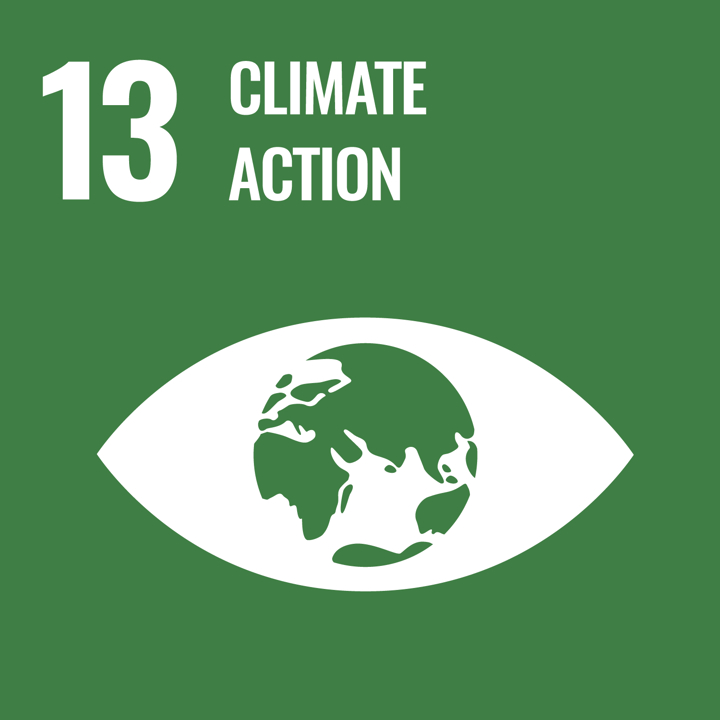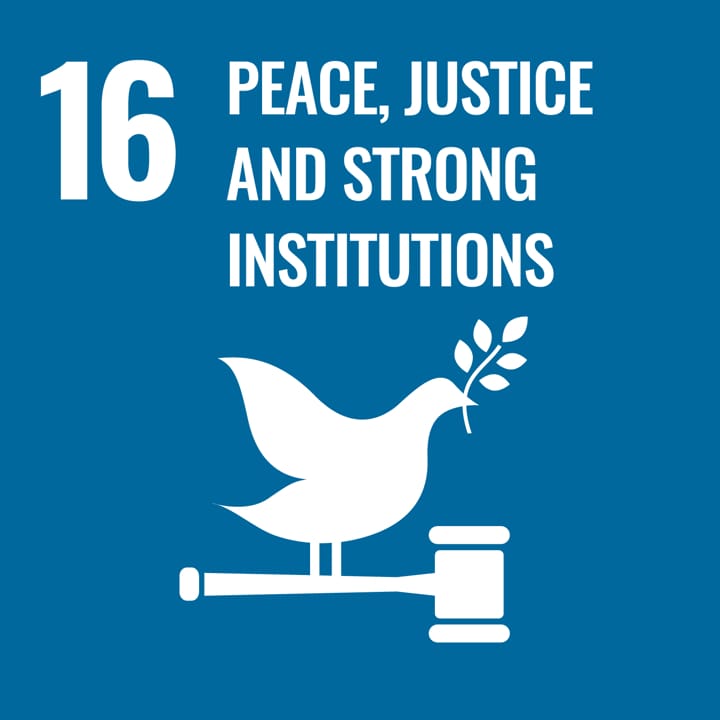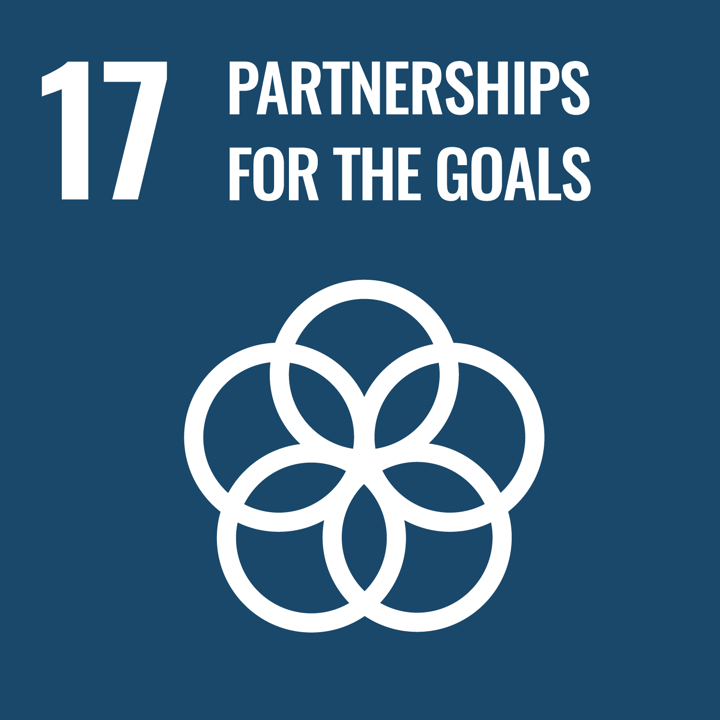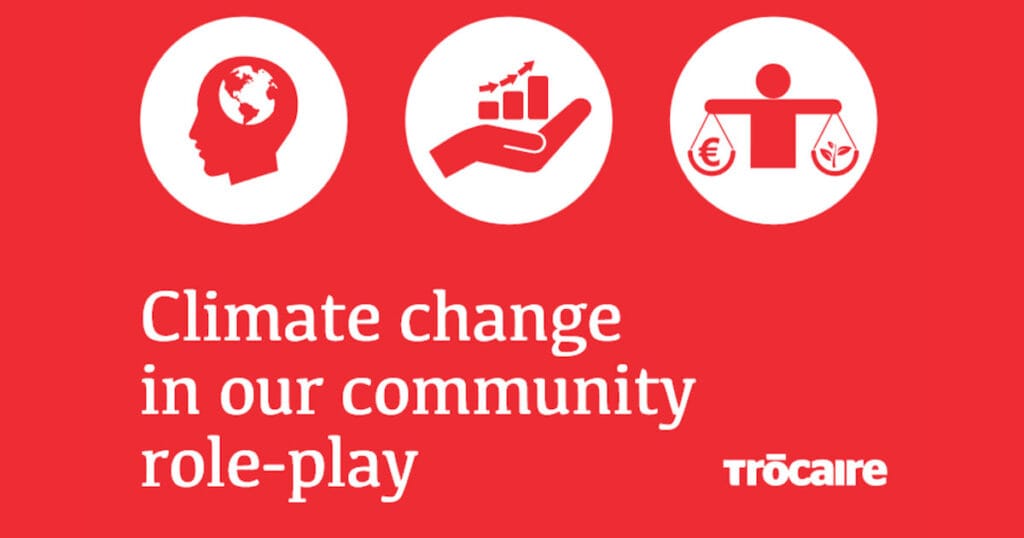
Avsedd slutanvändare: Lärare, lärarutbildare
Åldersgrupp: Högstadiet; gymnasiet
Läroplan för skolan: Science; Social, Physical & Health Education; Social & Environment Science; Languages; Arts
Teman och ämnen: Collective Action; Environmental Change; Power & Influence; Citizenship; Pedagogy Approaches
Varaktighet: Minimum: ~1 hour
Recommended: ~90 minutes
Extended version (including deep discussion & follow-ups): ~2 hours.
Typ av resurs: Guidelines & Notes, Lesson Plans, Workshop
Nyckelord: Climate Justice, Collective Action, Sustainable Decision-Making, Critical Thinking, (Classroom Discussion Tools)
Språk: engelska: Engelska, Tyska
Beskrivning
This educational resource introduces role-playing as an interactive teaching method to engage students in sustainability and climate change discussions. It consists of a compact methodological guide and a ready-to-use classroom activity that allows students to explore real-world dilemmas related to environmental and economic decision-making.
The method guide outlines the theoretical background of role-playing, its pedagogical benefits, and step-by-step implementation for educators. It highlights how role-plays foster critical thinking, social awareness, and problem-solving skills, making learning more engaging and experiential.
The teaching unit, “Creating Futures – Lesson 8”, presents a climate change role-play scenario where students debate whether to extract or leave newly discovered oil beneath their community. They take on different stakeholder roles—including government officials, climate experts, oil companies, and local residents—to analyze the economic, environmental, and social impacts of fossil fuel extraction.
Throughout the lesson, students engage in decision-making exercises, group discussions, and reflective analysis. The activity encourages collaborative problem-solving, helping students develop a deeper understanding of the complexities behind climate policies, sustainability challenges, and collective action.
This resource is particularly relevant for subjects such as Science, Social Studies, Environmental Science, Business, and Languages. It applies student-centered approaches, empowering students to explore real-world sustainability issues through role-play and debate.
By placing students in active roles, this resource develops their civic engagement and sustainability citizenship skills, preparing them to make informed, responsible decisions for the future.
Så här använder du den här resursen
This resource includes a role-playing guide and a pre-designed classroom activity to explore climate change and decision-making.
- Read the Method Guide (English or German)
- Learn how role-play fosters critical thinking and problem-solving.
- Follow step-by-step instructions for structuring and facilitating role-plays.
- Implement the Classroom Activity
- Preparation: Print role cards and introduce the oil extraction dilemma.
- Role Discussion (20-30 min): Students develop arguments from different stakeholder perspectives.
- Debate & Decision (25-35 min): Groups present views in a stakeholder meeting and vote.
- Reflection (15-25 min): Discuss climate justice, power dynamics, and sustainability.
Resurserna
Role Play (English) PDF:
Role Play (German) PDF:
Lärandemål (lärare)
- Ta reda på förkunskaper och vidareutveckla kunskapen om och förståelsen för viktiga nyckelbegrepp inom hållbart medborgarskap genom att utmana etablerade världsbilder och värderingar.
- Tillämpa en rad lämpliga verktyg och ramverk för att främja studenternas hållbarhetsmedborgarskap
- Reflektera över praxis och granska nationella läroplaner för att identifiera möjligheter att främja hållbarhetsmedborgarskap på tvärvetenskapliga sätt och samarbeta med externa intressenter.
- i samarbete syntetisera kunskap, verktyg och ramverk för att skapa utbildningsmaterial och lektionsplaner som är anpassade till deras eget lokala sammanhang
- Genom workshopaktiviteter och praktikgemenskaper bygga upp kapacitet och handlingsutrymme som utbildare och ledare inom hållbarhetsmedborgarskap.
Gröna kompetenser
- Förankring av hållbara värderingar: Värdera hållbarhet; Stödja rättvisa
- Att ta tillvara komplexitet inom hållbarhet: Systemtänkande; kritiskt tänkande; problemformulering
- Att föreställa sig en hållbar framtid: Framtidskunskap; anpassningsförmåga; utforskande tänkande
- Agera för hållbarhet: Kollektivt agerande
Creative Commons
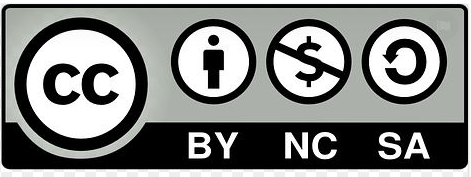
This resource “Lesson 8” is entirely made by trocaire.org.
The original resource can be found here.
This adaptation by Cathérine Conradty of Universität of Bayreuth (UBT) for SYNAPSES academies is licensed under the Creative Commons Attribution 4.0 International License (CC BY 4.0). This attribution does not imply endorsement by the original licensor..
Globala mål för hållbar utveckling

